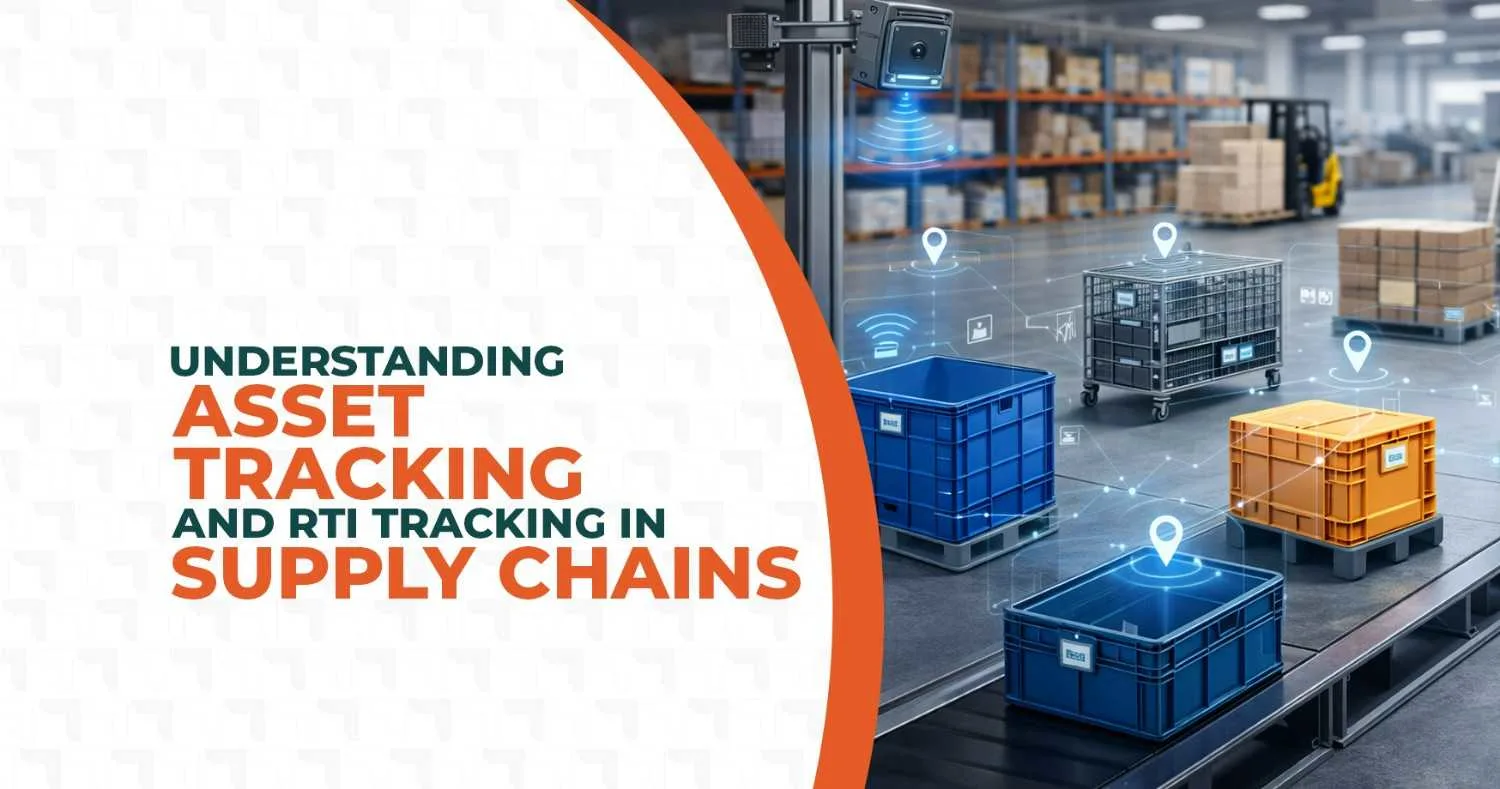
Must-have Technology Capabilities for Supply Chains in 2023
In today's complex business environment, supply chains require new technologies to optimize processes and manage risks. Technology solutions such as cloud computing, machine learning, AI, IoT, and data analytics are vital to the success of supply chain operations. This blog explores the key technology capabilities essential for supply chain management in 2023 and beyond, including AI, IoT, and data analytics.
1. Supply chain automation
Supply chain automation can cut costs and boost efficiency. The future of warehousing and logistics will involve integrating AI, IoT, ML, and robotics. Startups, SMEs, and e-commerce firms will rely on third-party automation systems to stay competitive without significant investments in captive supply chains.
Recommended: Supply Chain Management Software. Continued focus on sustainability
Logistics and e-commerce will continue prioritizing energy efficiency and clean energy sources to achieve sustainability. This includes using solar and wind energy, EVs for last-mile deliveries, and data analytics and IoT to improve mobility and reduce emissions. Collaborative alliances and end-to-end supply chain intelligence solutions will also be crucial for successful technology integration. Many supply chain management companies and online retailers are already investing in sustainability or planning to do so.
2. Forecasting and flexibility of operations
AI tools help businesses analyze operations, spot problems, and develop strategies by predicting demand and potential threats. This enables companies to create backup plans, modify strategies, and ensure reliable fulfillment.
3. Integrated strategy using technology
Suppliers like logistics providers are now being integrated into business strategies more and more frequently. Companies can perform better than those that remain walled if they partner with their supply chain providers to develop strategies for inventory management, GTM timelines, and market demand prediction. This year's wise course of action is to use digital, cloud-based supply chain intelligence solutions to form partnerships based on cooperation and knowledge sharing. End-to-end solutions that integrate shipping, OMS, and WMS with e-commerce websites could be used to ensure smooth, precise, and quick fulfillment through supply chain partner networks. Today's organizations operate in a highly competitive business environment where market forces can change quickly, and organizations must manage suppliers efficiently to remain competitive. Organizations can take the following steps to position themselves to manage suppliers, reduce complexity, mitigate risks, and accurately predict supply and demand fluctuations, thus staying ahead of market forces:
4. Embrace Digital Transformation:
Digital technologies enable organizations to streamline their supply chain, optimize operations, gain visibility, and make informed decisions with analytics.
5. Monitor Supply Chain Risks:
Organizations should monitor supply chain risks, manage inventory levels, and establish alternative sourcing to develop contingency plans. Leverage Analytics: Analytics empowers organizations to predict supply/demand, optimize inventory, and drive data-driven decisions for growth.
6. Embrace Sustainability:
Leaders can build sustainable supply chains that reduce costs from emissions and waste, boost revenue through customer loyalty, and prevent regulatory fines.
Conclusion
Organizations must undergo a digital transformation using low-code/no-code technology platforms, integrating with upstream and downstream systems to centralize and synchronize all data. This enables end-to-end visibility into the supply chain and facilitates the transition to a resilient and agile multidimensional supply network. Such a solution reduces risks, boosts cost savings, and increases agility, sustainability, and intelligence. Contact us for a quick discussion to digitize your supply chains and unlock your potential. With 27+ years of experience and 2,000+ clients, BCI can help bring tremendous value to your business.
You may also find these topics interesting.
What is Supply Chain Management



